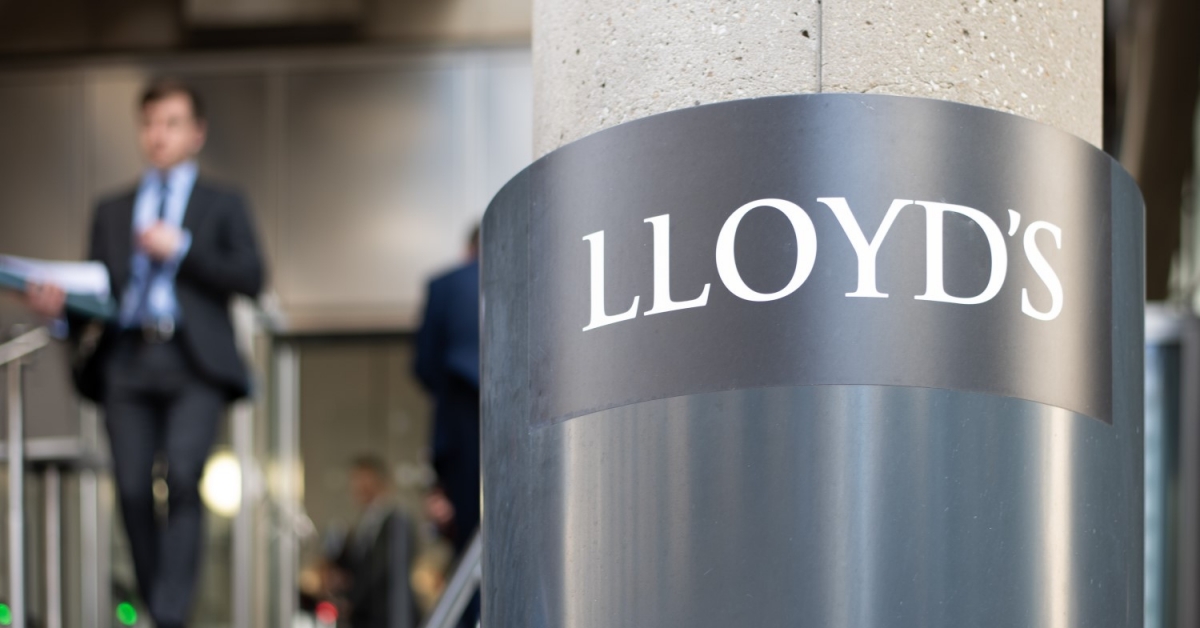Trezor Model T Gets Bitcoin Privacy Upgrade With New CoinJoin Feature
Featured SpeakerAlex Thorn
Head of Firmwide ResearchGalaxy

Hear Alex Thorn share his take on “Bitcoin and Inflation: It’s Complicated” at Consensus 2023.
:format(jpg)/www.coindesk.com/resizer/pMUhpW4u-mwZgc89YVYeL2C44uI=/arc-photo-coindesk/arc2-prod/public/P6EMHK6DTBE4NPQGXW2UOBVOLE.png)
Frederick Munawa is a Technology Reporter for Coindesk. He covers blockchain protocols with a specific focus on bitcoin and bitcoin-adjacent networks.
Featured SpeakerAlex Thorn
Head of Firmwide ResearchGalaxy

Hear Alex Thorn share his take on “Bitcoin and Inflation: It’s Complicated” at Consensus 2023.
Crypto hardware wallet company Trezor has collaborated with Bitcoin privacy firm zkSNACKs to introduce “CoinJoin” to its Model T device. CoinJoin is a way of combining multiple bitcoin transactions to enhance privacy.
Trezor says the Model T is the first and only hardware wallet to enable CoinJoin transactions for Bitcoin. Several software or “hot” wallets like zkSNACKs’ Wasabi wallet already have CoinJoin. The feature will be rolled out to Trezor’s Model One devices at a future date, according to the company.
Most transactions on the Bitcoin blockchain are publicly available. A basic tool like a block explorer – a piece of software for analyzing cryptocurrency transactions – is all it takes to tie those transactions to real life identities and violate users’ financial privacy.
CoinJoin attempts to reinstate privacy by combining multiple bitcoin payments from multiple spenders to produce a single transaction whose history and ownership are obfuscated.
CoinJoin can be done through decentralized coinjoin marketplaces such as JoinMarket, or through wallets like Trezor’s Model T or zkSNACKs’ Wasabi wallet. Both Model T and Wasabi use zkSNACKs’ CoinJoin service that charges a coordination fee – 0.3% of the coinjoined amount according to Trezor.
Per Trezor’s release: “Users simply click on the ‘anonymize’ button. Users then choose the number of CoinJoin rounds — with every round increasing the level of privacy — confirm their choices on the Trezor device, and the rest of the coinjoin process is automated and requires no active user participation.”
Trezor’s other privacy features include Tor, coin control, and Shamir backup.
“Trezor values privacy as an individual’s most important asset,” said Matěj Žák, CEO of Trezor. “Consequently, we’re delighted that we’ve found a way for our community to keep their bitcoin history private.”
DISCLOSURE
Please note that our
privacy policy,
terms of use,
cookies,
and
do not sell my personal information
has been updated
.
The leader in news and information on cryptocurrency, digital assets and the future of money, CoinDesk is a media outlet that strives for the highest journalistic standards and abides by a
strict set of editorial policies.
CoinDesk is an independent operating subsidiary of
Digital Currency Group,
which invests in
cryptocurrencies
and blockchain
startups.
As part of their compensation, certain CoinDesk employees, including editorial employees, may receive exposure to DCG equity in the form of
stock appreciation rights,
which vest over a multi-year period. CoinDesk journalists are not allowed to purchase stock outright in DCG
.
:format(jpg)/www.coindesk.com/resizer/pMUhpW4u-mwZgc89YVYeL2C44uI=/arc-photo-coindesk/arc2-prod/public/P6EMHK6DTBE4NPQGXW2UOBVOLE.png)
Frederick Munawa is a Technology Reporter for Coindesk. He covers blockchain protocols with a specific focus on bitcoin and bitcoin-adjacent networks.
Learn more about Consensus 2023, CoinDesk’s longest-running and most influential event that brings together all sides of crypto, blockchain and Web3. Head to consensus.coindesk.com to register and buy your pass now.
:format(jpg)/www.coindesk.com/resizer/pMUhpW4u-mwZgc89YVYeL2C44uI=/arc-photo-coindesk/arc2-prod/public/P6EMHK6DTBE4NPQGXW2UOBVOLE.png)
Frederick Munawa is a Technology Reporter for Coindesk. He covers blockchain protocols with a specific focus on bitcoin and bitcoin-adjacent networks.









